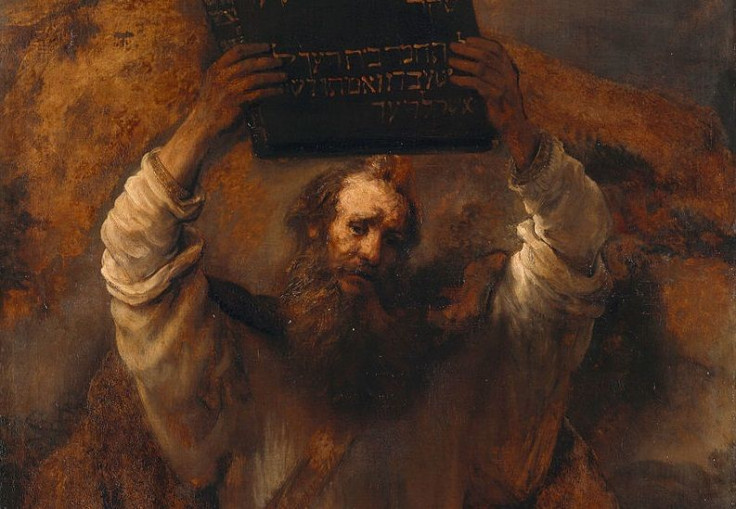‘Zionist Film’ About Moses Banned By Egyptians, Who Call ‘Exodus: Gods and Kings’ Historical Insult

Egyptians won't get to see their ancient ancestors plagued by the Lord in “Exodus: Gods and Kings.” A day after Morocco said it would ban the Ridley Scott film about Moses from the second book of the Hebrew Bible, Egypt announced it too will keep the film off its screens.
The film, starring Christian Bale as the man who led the Israelites out of Egypt and handed down the Ten Commandments, could face more backlash in the Middle East, where artistic depictions of Moses, Jesus, Muhammad or other prophets is generally frowned upon by religious authorities, if not outright banned by the state.
"It is a Zionist film," Egypt’s Culture Minister Gaber Asfour told AFP. "It gives a Zionist view of history and contains historical inaccuracies and that's why we have decided to ban it." One of the main problems, he said, is the depiction of Hebrews building the pyramids. Contemporary archaeologists have found evidence supporting the theory paid laborers, not slaves, built the pyramids at Giza, which were raised hundreds of years before the birth of Judaism.
Morocco blocked the film’s release in part because the main cast of a story is made up primarily of white Western actors, including Joel Edgerton as Pharaoh Rameses II, Sigourney Weaver playing Queen Tuya and Aaron Paul as the Hebrew leader Joshua.
Egypt’s cultural officials don’t seem to be as hung up on the racial tilt of the film but rather what they say are its historical inaccuracies and its the depiction of Moses as a warrior instead of a prophet of peace.
“The film treats Moses as an army general, not as a prophet,” Abdul Sattar Fathi, head of the state censorship board, told local reporters. “Furthermore, it shows ancient Egyptians as a mob group persecuting peaceful Jews. Our board has refused this out of respect for Egyptians’ feelings.”
In one of the monumental scenes from the story – where Moses parts the Red Sea to allow the Children of Israel to flee Egypt while drowning Pharaoh's army – the film depicts the prophet hoisting a sword rather than the more common depiction of Moses wielding a staff. The film also suggests the parting of the sea is a natural, “tidal phenomenon” rather than a bona fide miracle, the head of Egypt’s supreme council for culture, Mohammed Afifi, told AFP.
© Copyright IBTimes 2024. All rights reserved.












